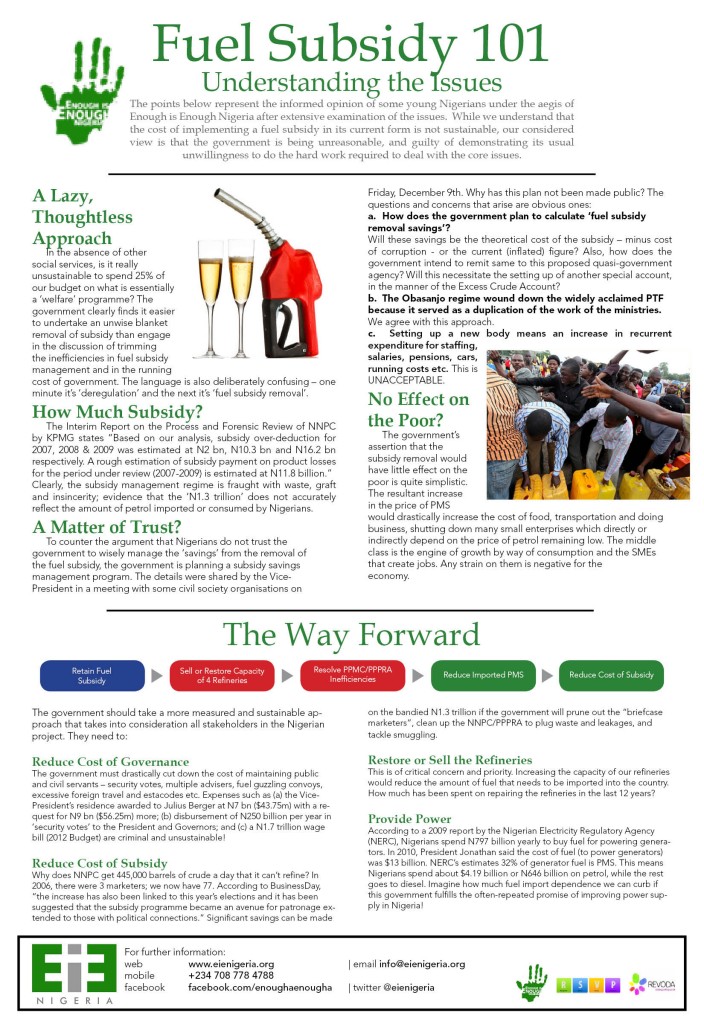From a rather random discussion on how politicians treat opposition party members, we tried to narrate stories in our native tongues using the word “opposition” in as friendly a term as possible but we all ran into the same brick wall: first, what exactly is opposition in our native language? It all seemed, for most, to relate, or translate, one way or another, to “enemy”.
So, out of sheer curiosity, I ran a short poll asking if “opposition” translated to anything other then “enemy” and if the poll has any truth in it, it becomes clear that one of the major concepts in strengthening democratic values is entirely alien to our native languages and our thinking.
It will be rather odd to consider the implications of running a style of govt that is in conflict with our native languages and therefore inconsistent with our innate thinking and also, considering that our educational system has nothing in the curriculum to address our style of government, it’s no surprise that there’s nothing in our educational system that attempts to address this.
In a democracy, there are certain pillars and concepts that, where absent, despite what you call the style of government you run, cannot function in the real spirit of a democracy. It is not uncommon to find a country that has civilian rule via elections and yet, in the true spirit, not have a democracy. Such countries mouth the term “dividends of democracy”but yet, the reality is far removed from them.
The pillars to test a democracy are: rule of law and equity; freedom; representation and inclusion. And without these pillars and concepts, there can be no real democracy.
But let me not digress!
Back to our native languages and the translation and/or meaning of the word and concept of “opposition”. How can a “ruling party” ever accept the concept of rule of law if rule of law is in favour of the “opposition” who, in their innate thinking is an “enemy” or “adversary”.
The electorate will claim to have, or at least want to have, a government for the people, of the people and by the people; a government that is made up of citizens who are keen to serve the people and improve humanity for the nation as a whole. However, we find that a real good number of politicians go into elections, not to serve but for power; they thirst for power in its absoluteness and thus, we experience the consequence of ammorals having absolute power. We are told it is a democracy, but in reality, it is partisan subjugative conquest: party in power, with power and for power.
This must be the reason why the reactions, post-election, of both loser and winner is the same reaction post-battle.
The winners go into a blood thirsty frenzy to hunt down, intimidate and annihilate all surviving opposition members, who in reality are viewed as “enemies” and as such, the “smart” losers quickly jump ship, swear allegiance to the new “masters” and obtain forgiveness and favour. Who knows, perhaps they can even act as saboteurs to their former masters and gain elevated positions.
From the behaviour and language of our politicians, it is clear that Machiavelli’s “The Prince” is the script they choose to run and that style CANNOT be progressive for the nation claiming to run a democracy.
I once mused over terms and thought of our style of government more of:
A banana republic where in the name of democracy, we swapped a kleptocracy for a kakistocracy practiced as an autocracy which is now being converted to an oligarchy via an electocracy.
This explains why there is practically no tolerance for any position by opposition; this is why there’s neither engagement nor dialogue with the electorate nor worse, yet, with opposition. We really don’t see ourselves in politics nor democracy but in warfare.
Thinking of our practicalities, for elections, why do we need arms, ammunition and even the army involved? Why do we have the armed forces habitually announce their readiness to conduct elections? Why do whips, guns, armoured cars feature prominently during, supposedly, free and fair elections? How can anyone claim to be exercising free will looking down the barrel of a gun?
“In times of peace, sons bury their fathers and in times of war, fathers bury their sons.”
In our democracy, our fathers have buried the relevance of the youth and reduced our contribution to mere pawn and cavalry status. Youth have become the frontline defence for violent interactions during elections. But this is an issue worth its own story!
The power must return to the people who understand its use, are willing and demonstrably able to use it for communal benefit even at their personal loss and understand the concept of delayed gratification.
For progress, we MUST change the thinking. We must define what we want. We must educate the coming generations into tolerance and dialogue. Otherwise, once the fathers bury all the sons, they too will die out and so will the nation.
Zeal Akaraiwe

